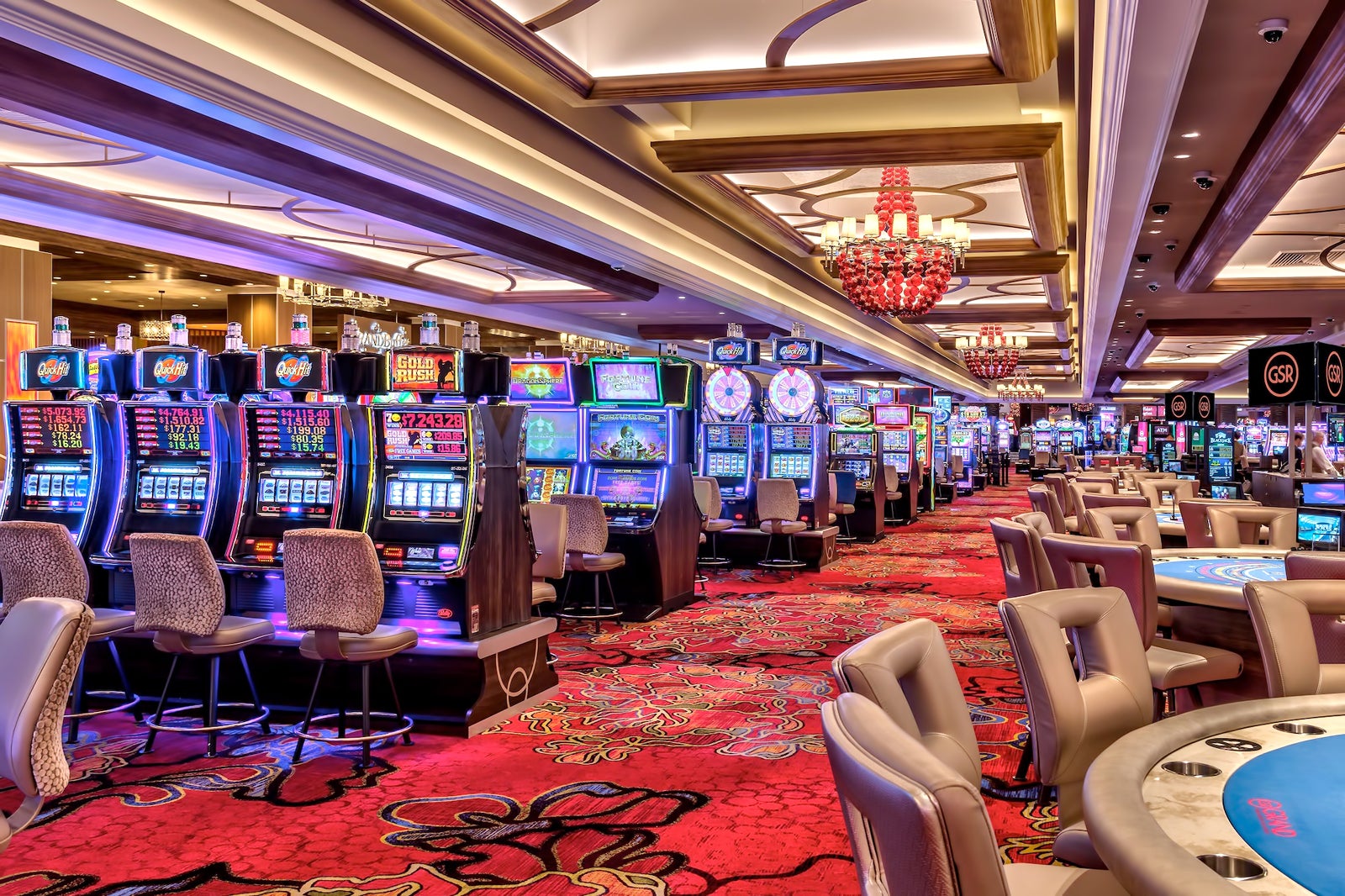A world of leisure has seen numerous transformations over various decades, but few have captured the creativity and excitement of gamers quite like casino games. Originating in from the bustling halls of Las Vegas, Nevada and Atlantic City, these games have moved beyond boundaries and cultures, becoming a global phenomenon. From the dazzling lights of a mega-resort to the comfort of virtual platforms, the allure of gambling games is undeniable, luring millions into a realm of chance and strategy.
As an increasing number of nations embrace betting in multiple ways, the influence of U.S. casino games is clear. They have not only influenced local gambling markets but have also inspired countless adaptations and innovations worldwide. Classic games such as the poker and the blackjack, along with new variations, have created a common dialect of entertainment that connects across varied populations. The combination of gambling risks, rewards, and social engagement found in these activities fosters a unique sense of community, further cementing their place in the international entertainment landscape.
Cultural Summary of U.S. mubet Casino Games
U.S. casino games have a rich and colorful past that mirrors the societal development of the United States. The origins of these games can be linked back to various Europe’s gaming traditions brought over by colonists. Games like the poker game, blackjack, and roulette found their way into the mosaic of American society in the 19th century, gaining popularity in bars and riverboats. These places provided the ideal backdrop for community interaction and rivalry, establishing a strong foundation for casino gaming as we know it today.
As the country moved to the west, gambling evolved in tandem with it. The Gold Rush era in the mid-1800s saw the rise of gambling towns such as Deadwood, South Dakota and Tombstone, Arizona, where gambling activities were played with high stakes, often accompanied by an air of lawlessness. This period set the stage for the establishment of casino games in the beginning of the 20th century, notably with the establishment of Las Vegas, Nevada as a gambling center. The building of lavish casinos transformed the gambling landscape, creating an environment where gambling activities could thrive and draw tourists from around the world.
In the past few decades, the approval of casino gambling in various states has additionally diversified the range of activities available. U.S. casinos now feature a mix of traditional games and innovative offerings that serve to modern players. This expansion has allowed for a distinct fusion of traditional and new, facilitating the continuous evolution of casino gaming culture in the U.S.. The global impact of these games has also led to their incorporation into international gambling industries, showcasing the lasting influence of U.S. casino gambling activities around the world.
Worldwide Popularity and Influence
The growth of American gambling games has marked a notable change in the global gambling landscape. With their appeal crossing borders, these titles have captivated players around the world. From poker tournaments to slot machines, American styles have found a home in many international casinos. This transfer of culture highlights how versatile and compelling these titles are, adapting to local tastes while preserving their timeless American charm.
Additionally, the influence of these games extends beyond traditional gambling establishments. Online platforms have played a pivotal role in popularizing American gambling games, making them available to players globally. The ease of online gambling has brought millions to experiences that were once confined to brick-and-mortar casinos. Players can now enjoy their favorite games from any location, creating a fresh wave of excitement and growing the player base considerably.
This global embrace is also reflected in the incorporation of U.S. gambling games into local traditions. Countries that have adopted these games often organize their own adaptations and tournaments, blending local customs with U.S. gaming traditions. This blend not only enhances the gaming journey for players, but it also highlights the strong impact that American gambling titles have on both entertainment and community interaction across various societies.
Social Adaptations and Improvements
Gambling games have undergone notable changes as they spread across various societies. Each region has taken in elements of U.S. gambling while adding its own customs and habits. For instance, the rise of digital casino platforms has allowed for the inclusion of local character into classic titles like poker and blackjack. Gamblers now experience variations that include regional betting styles and distinct rules, making the games more accessible and welcoming for varied crowds.
In many countries, the appeal of casino games has resulted to the creation of localized editions that reflect cultural themes and stories. This adaptability has opened doors for creative game design that connects with players on a personal basis. Slot machines, for example, now showcase imagery and sounds that celebrate local heritage, legends, and popular culture, which in consequently enhances the gaming experience and promotes a feeling of belonging among gamblers.
Additionally, the worldwide impact of U.S. casino games has led to new game formats and blended styles. Some establishments have combined traditional gambling with entertainment aspects, such as live performances or interactive technology, resulting in a more engaging atmosphere. These innovations not only draw a broader crowd but also guarantee that the essence of gaming continues to progress, connecting gaps between different communities while maintaining the thrill that casino games are known for.

